Premium Only Content
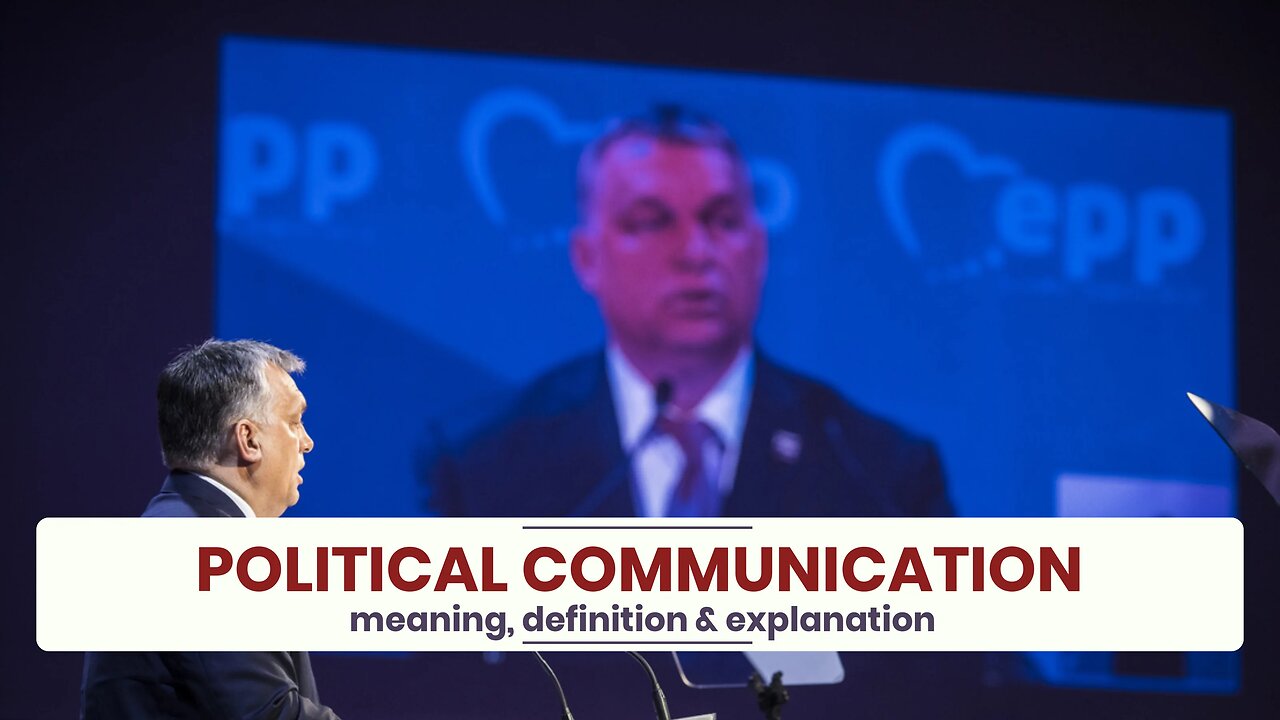
What is POLITICAL COMMUNICATION?
✪✪✪✪✪
http://www.theaudiopedia.com
✪✪✪✪✪
What does POLITICAL COMMUNICATION mean? POLITICAL COMMUNICATION meaning - POLITICAL COMMUNICATION definition - POLITICAL COMMUNICATION explanation. What is the meaning of POLITICAL COMMUNICATION? What is the definition of POLITICAL COMMUNICATION? What does POLITICAL COMMUNICATION stand for? What is POLITICAL COMMUNICATION meaning? What is POLITICAL COMMUNICATION definition?
Political communication(s) is a subfield of communication and political science that is concerned with how information spreads and influences politics and policy makers, the news media and citizens. Since the advent of the World Wide Web, the amount of data to analyze has exploded, and researchers are shifting to computational methods to study the dynamics of political communication. In recent years, machine learning, natural language processing, and network analysis have become key tools in the subfield. It deals with the production, dissemination, procession and effects of information, both through mass media and interpersonally, within a political context. This includes the study of the media, the analysis of speeches by politicians and those that are trying to influence the political process, and formal and informal conversations among members of the public, among other aspects. The media acts as bridge between government and public. Political communication can be defined as the connection concerning politics and citizens and the interaction modes that connect these groups to each other. Whether the relationship is formed by the modes of persuasion, Pathos, Ethos or Logos.
The study and practice of political communication focuses on the ways and means of expression of a political nature. Robert E. Denton and Gary C. Woodward, two important contributors to the field, in Political Communication in America characterize it as the ways and intentions of message senders to influence the political environment. This includes public discussion (e.g. political speeches, news media coverage, and ordinary citizens' talk) that considers who has authority to sanction, the allocation of public resources, who has authority to make decision, as well as social meaning like what makes someone American. In their words "the crucial factor that makes communication 'political' is not the source of a message, but its content and purpose." David L. Swanson and Dan Nimmo, also key members of this sub-discipline, define political communication as "the strategic use of communication to influence public knowledge, beliefs, and action on political matters." They emphasize the strategic nature of political communication, highlighting the role of persuasion in political discourse. Brian McNair provides a similar definition when he writes that political communication is "purposeful communication about politics." For McNair this means that this not only covers verbal or written statements, but also visual representations such as dress, make-up, hairstyle or logo design. With other words, it also includes all those aspects that develop a "political identity" or "image". Reflecting on the relationship between political communication and contemporary agenda-building, Vian Bakir defines Strategic Political Communication (SPC) as comprising 'political communication that is manipulative in intent, that utilises social scientific techniques and heuristic devices to understand human motivation, human behavior and the media environment, to inform effectively what should be communicated – encompassing its detail and overall direction – and what should be withheld, with the aim of taking into account and influencing public opinion, and creating strategic alliances and an enabling environment for government policies – both at home and abroad'.
There are many academic departments and schools around the world that specialize in political communication. These programs are housed in programs of communication, journalism and political science, among others. The study of political communication is clearly interdisciplinary.
Social media has dramatically changed the way in which modern political campaigns are run. With more generation X and generation Y coming into the voting population, social media is the platform on which the politicians need to establish themselves and engage with the voters. In a digital age, social media will be more important than traditional media to the politicians.
Taking Australia as an example below: 86% of Australians access the Internet, and with a 17,048,864 voting age population, around 14,662,023 voting population has access to Internet, and 65% of them use social media, which means 9,530,314 Australian voters use social media.
-
 2:28
2:28
The Audiopedia
9 months agoWhat is MORTGAGE BROKER?
21 -
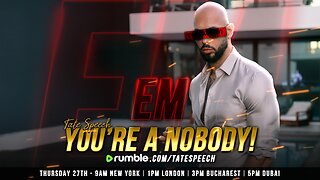 1:47:22
1:47:22
Tate Speech by Andrew Tate
6 hours agoEMERGENCY MEETING EPISODE 107 - YOU’RE A NOBODY!
93.8K49 -
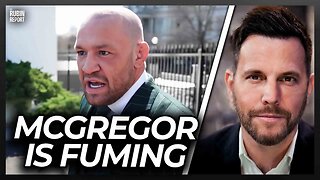 31:28
31:28
The Rubin Report
2 hours agoConor McGregor Threatened with Jail Time & His Reaction Is Perfect
27.4K20 -
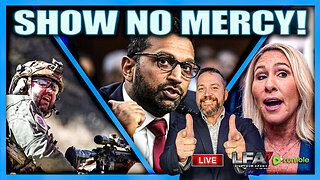 2:02:38
2:02:38
LFA TV
18 hours agoSHOW NO MERCY! | LIVE FROM AMERICA 3.27.25 11AM
25.6K25 -
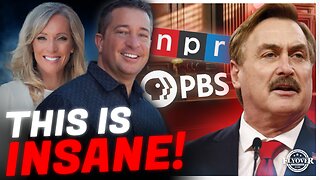 LIVE
LIVE
Flyover Conservatives
12 hours agoMike Lindell on the War for America; Your Tax Dollars at Work: Funding Propaganda, Drag Queens & Gender Confusion | FOC Show
310 watching -
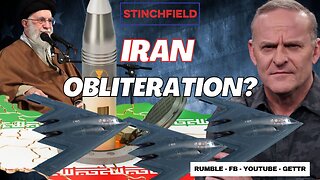 50:28
50:28
Grant Stinchfield
1 hour agoThe Evidence is Clear - America is Preparing to Bomb Iran Back to the Stone Ages
2.09K6 -
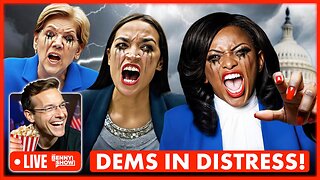
Benny Johnson
2 hours agoDemocrats PANIC As Polling Hits RECORD LOW | Trump TRIUMPHS as HOAX Backfires, ARRESTS Terror Leader
39.4K44 -
 13:10
13:10
Dr David Jockers
2 hours agoAre You B12 Deficient? 8 Surprising Signs You Need to Know!
7.94K -
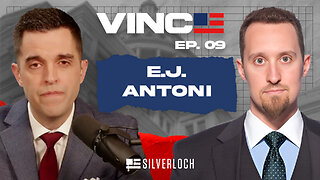 1:01:03
1:01:03
VINCE
5 hours agoE.J. Antoni On Tariffs, Trade Wars, and the Economy | Ep. 09 - 03/27/25
241K290 -
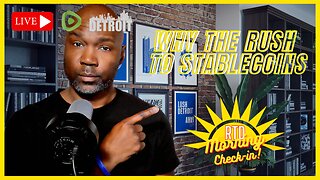 38:39
38:39
Rethinking the Dollar
1 hour agoWyoming, Trump & Tether: Is This the New U.S. Dollar? - WHAT'S THE HURRY? | Morning Check-In
8.42K